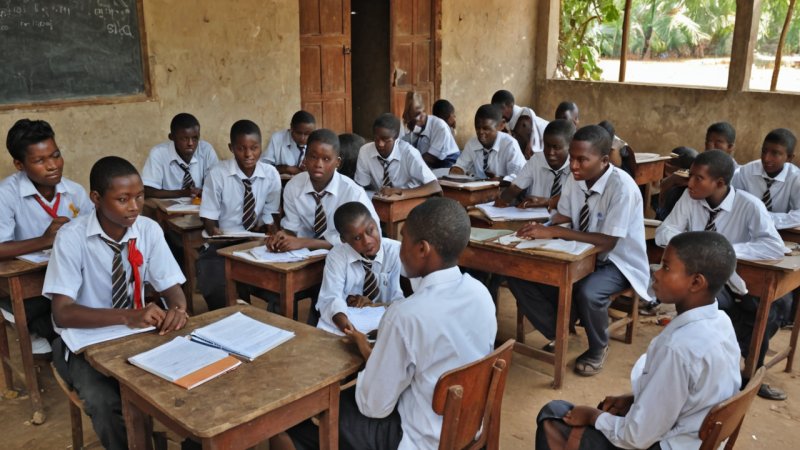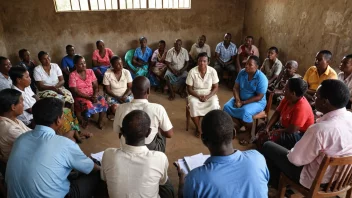Education is a fundamental human right and a critical component in the fight against poverty. Its importance cannot be overstated, as education not only provides individuals with knowledge and skills but also serves as a pathway to greater economic opportunities and improved quality of life. This article delves into how education can break the cycle of poverty, enhance individual potential, and uplift entire communities.
The cycle of poverty often perpetuates itself, with generations facing the same challenges due to a lack of access to education. Children born into impoverished families may struggle to attend school due to financial constraints, inadequate infrastructure, or cultural barriers. However, when education is prioritized, it can significantly alter this trajectory. For instance, countries that have invested heavily in education have seen remarkable improvements in economic growth and poverty reduction. According to the World Bank, education can increase a country's GDP by up to 2% for every additional year of schooling.
Education also plays a vital role in promoting gender equality. In many parts of the world, girls are disproportionately affected by educational disparities. Traditional norms and economic pressures often compel families to prioritize boys’ education over girls. However, when girls are educated, they are more likely to delay marriage, have fewer children, and contribute economically. Educated women are powerful agents of change, and their empowerment is essential for achieving broader social and economic development goals.
Moreover, education fosters innovation and entrepreneurship. Knowledge and skills acquired through education enable individuals to think critically and creatively, leading to the development of new ideas and solutions to local challenges. By cultivating an entrepreneurial spirit, education can empower individuals to start their businesses, thereby generating employment opportunities within their communities. This, in turn, contributes to local economic development and poverty alleviation.
Community-based education initiatives have proven effective in addressing the unique needs of marginalized groups. Programs that offer flexible learning schedules, vocational training, and adult education help ensure that everyone has a chance to learn, regardless of their circumstances. Partnerships between governments, non-governmental organizations, and community leaders are vital in creating inclusive educational environments that cater to diverse populations.
Individuals can also play a crucial role in promoting education and contributing to poverty alleviation. Volunteering as a tutor or mentor can make a significant difference in the lives of students, providing them with the support and encouragement they need to succeed. Advocacy for educational policies that prioritize funding and accessibility can help create systemic changes that benefit future generations.
In conclusion, education is a powerful instrument for breaking the cycle of poverty. By investing in education and ensuring equitable access for all, we can empower individuals, foster economic growth, and build resilient communities. As we work together to create a more just and equitable world, let us prioritize education as a fundamental pillar of poverty alleviation.
Breaking the Cycle: Education and Poverty Relief
Education is a fundamental human right and a critical component in the fight against poverty, serving as a pathway to greater economic opportunities and improved quality of life.






